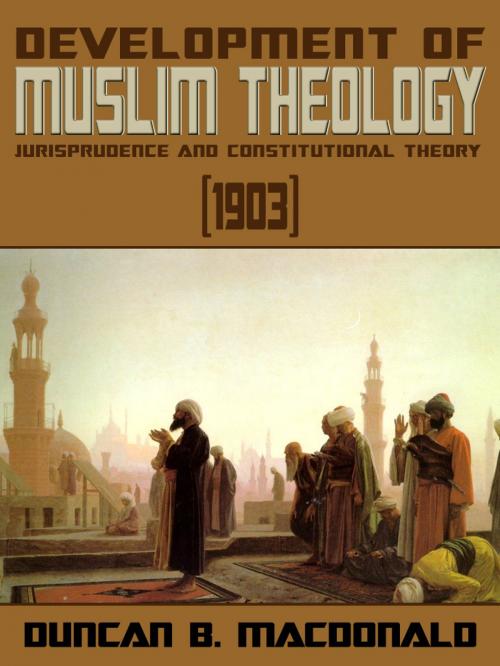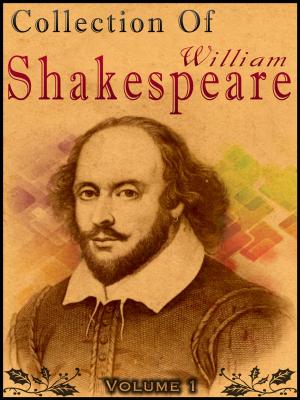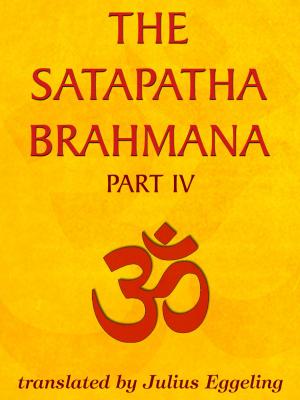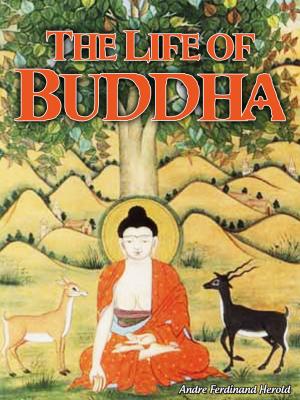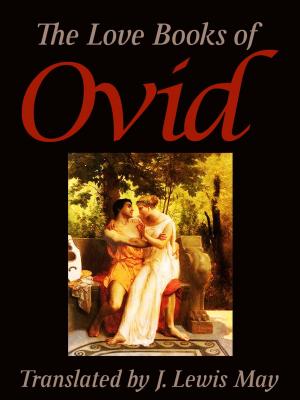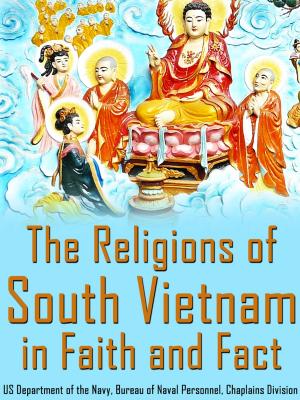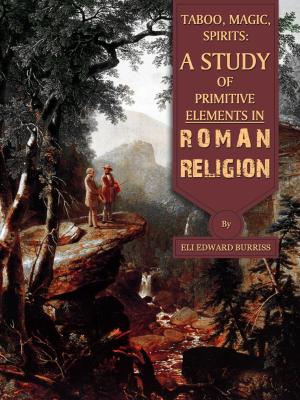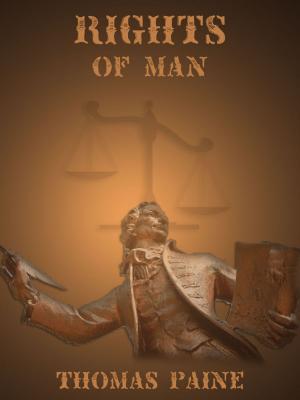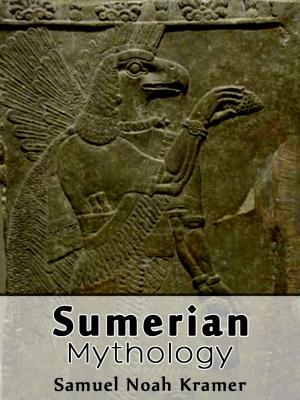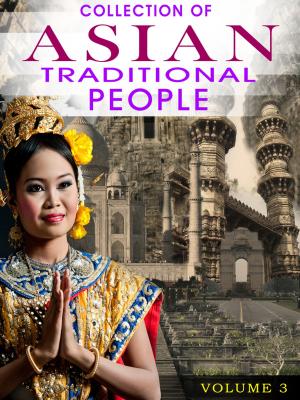Development Of Muslim Theology, Jurisprudence And Constitutional Theory
Nonfiction, Religion & Spirituality, Reference, Ritual & Practices, Middle East Religions, Islam, Inspiration & Meditation, Spirituality| Author: | Duncan B. MacDonald | ISBN: | 1230000025474 |
| Publisher: | AppsPublisher | Publication: | October 16, 2012 |
| Imprint: | Language: | English |
| Author: | Duncan B. MacDonald |
| ISBN: | 1230000025474 |
| Publisher: | AppsPublisher |
| Publication: | October 16, 2012 |
| Imprint: | |
| Language: | English |
Development of Muslim Theology, Jurisprudence and Constitutional Theory
by Duncan B. MacDonald
A survey of the history of Islamic thought, by a sympathetic Western scholar.
IN human progress unity and complexity are the two correlatives forming together the great paradox. Life is manifold, but it is also one. So it is seldom possible, and still more seldom advisable, to divide a civilization into departments and to attempt to trace their separate developments; life nowhere can be cut in two with a hatchet. And this is emphatically true of the civilization of Islam. Its intellectual unity, for good and for evil, is its outstanding quality. It may have solved the problem of faith and science, as some hold; it may have crushed all thought which is not of faith, as many others hold. However that may be, its life and thought are a unity.
So, also, with its institutions. It might be possible to trace the developments of the European states out of the dying Roman Empire, even to watch the patrimony of the Church grow and again vanish, and yet take but little if any account of the Catholic theology. It might be possible to deal adequately with the growth of that system of theology and yet never touch either the Roman or the civil law, even to leave out of our view the canon law itself.
Many of the earliest books, particularly those dating back to the 1900s and before, are now extremely scarce and increasingly expensive. We are republishing these classic works in affordable, high quality, modern editions, using the original text and artwork.
Development of Muslim Theology, Jurisprudence and Constitutional Theory
by Duncan B. MacDonald
A survey of the history of Islamic thought, by a sympathetic Western scholar.
IN human progress unity and complexity are the two correlatives forming together the great paradox. Life is manifold, but it is also one. So it is seldom possible, and still more seldom advisable, to divide a civilization into departments and to attempt to trace their separate developments; life nowhere can be cut in two with a hatchet. And this is emphatically true of the civilization of Islam. Its intellectual unity, for good and for evil, is its outstanding quality. It may have solved the problem of faith and science, as some hold; it may have crushed all thought which is not of faith, as many others hold. However that may be, its life and thought are a unity.
So, also, with its institutions. It might be possible to trace the developments of the European states out of the dying Roman Empire, even to watch the patrimony of the Church grow and again vanish, and yet take but little if any account of the Catholic theology. It might be possible to deal adequately with the growth of that system of theology and yet never touch either the Roman or the civil law, even to leave out of our view the canon law itself.
Many of the earliest books, particularly those dating back to the 1900s and before, are now extremely scarce and increasingly expensive. We are republishing these classic works in affordable, high quality, modern editions, using the original text and artwork.
